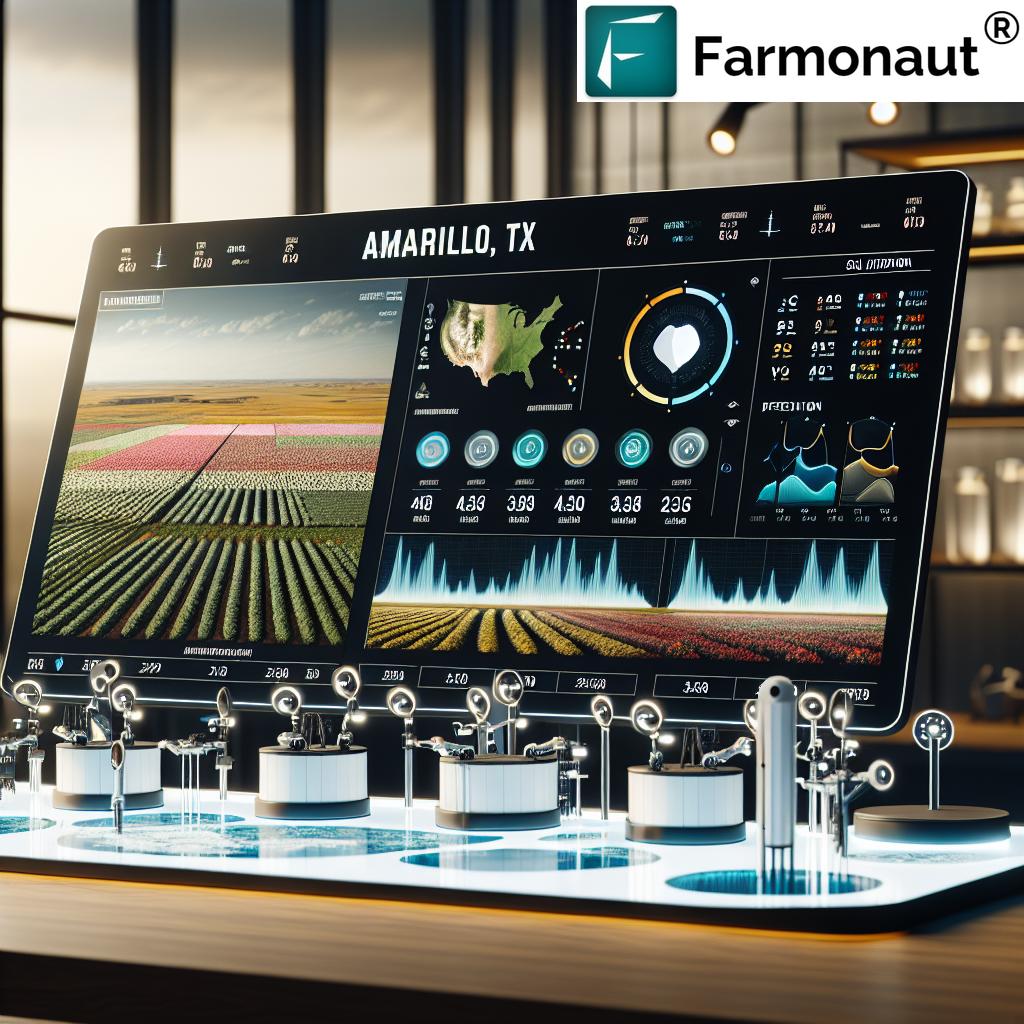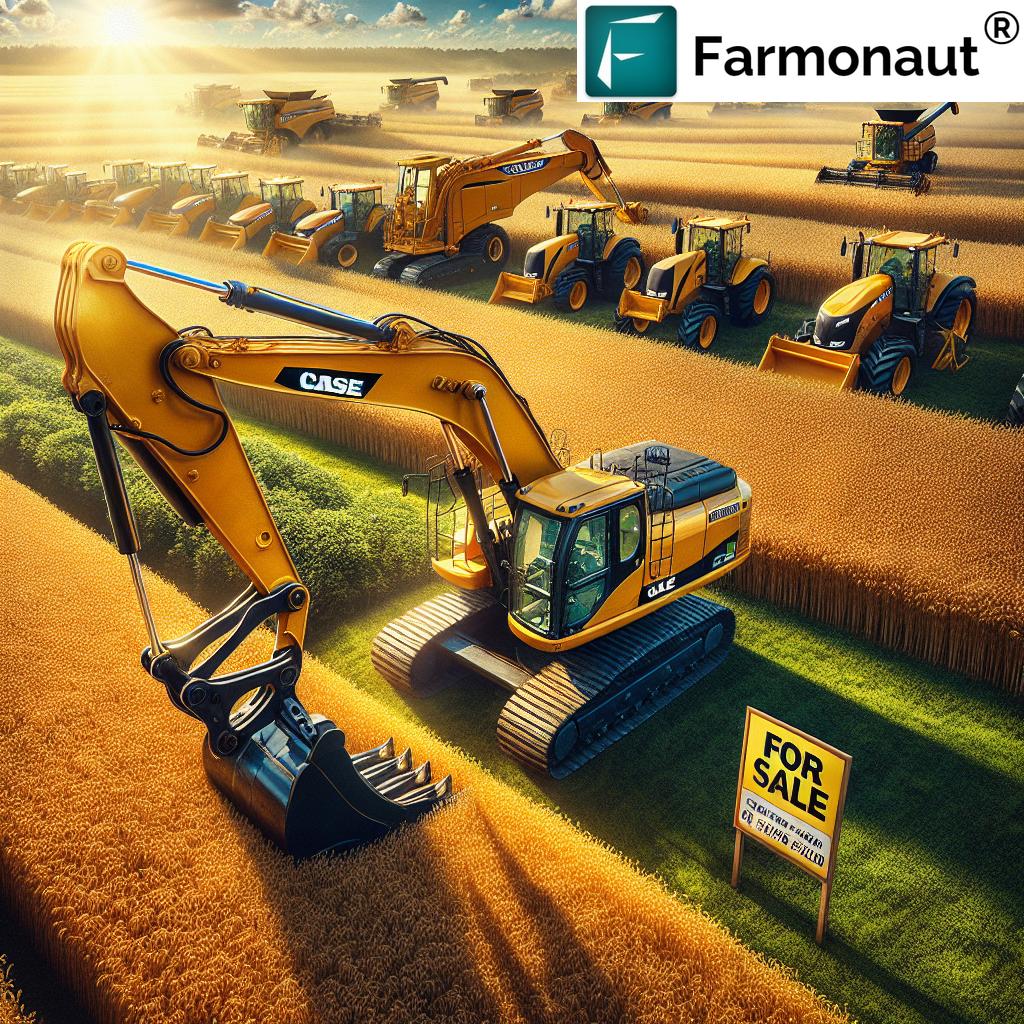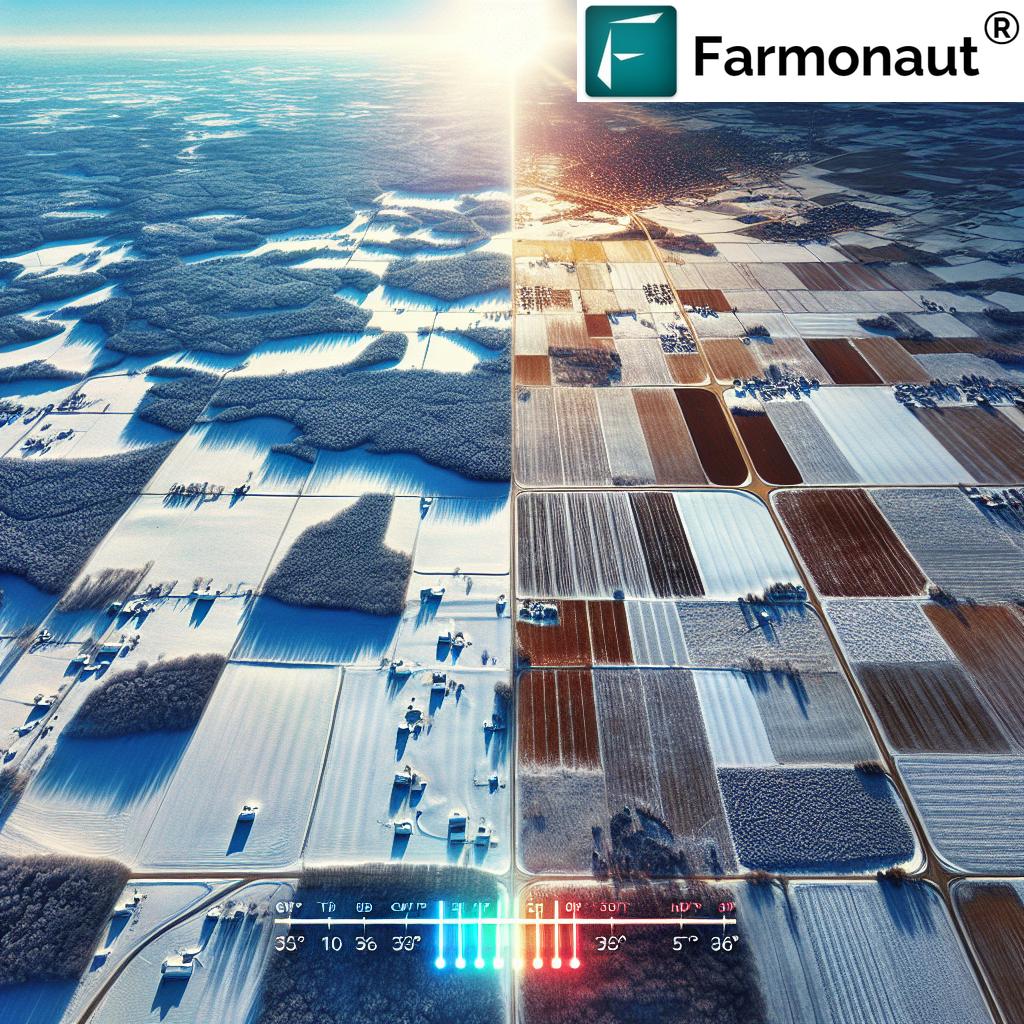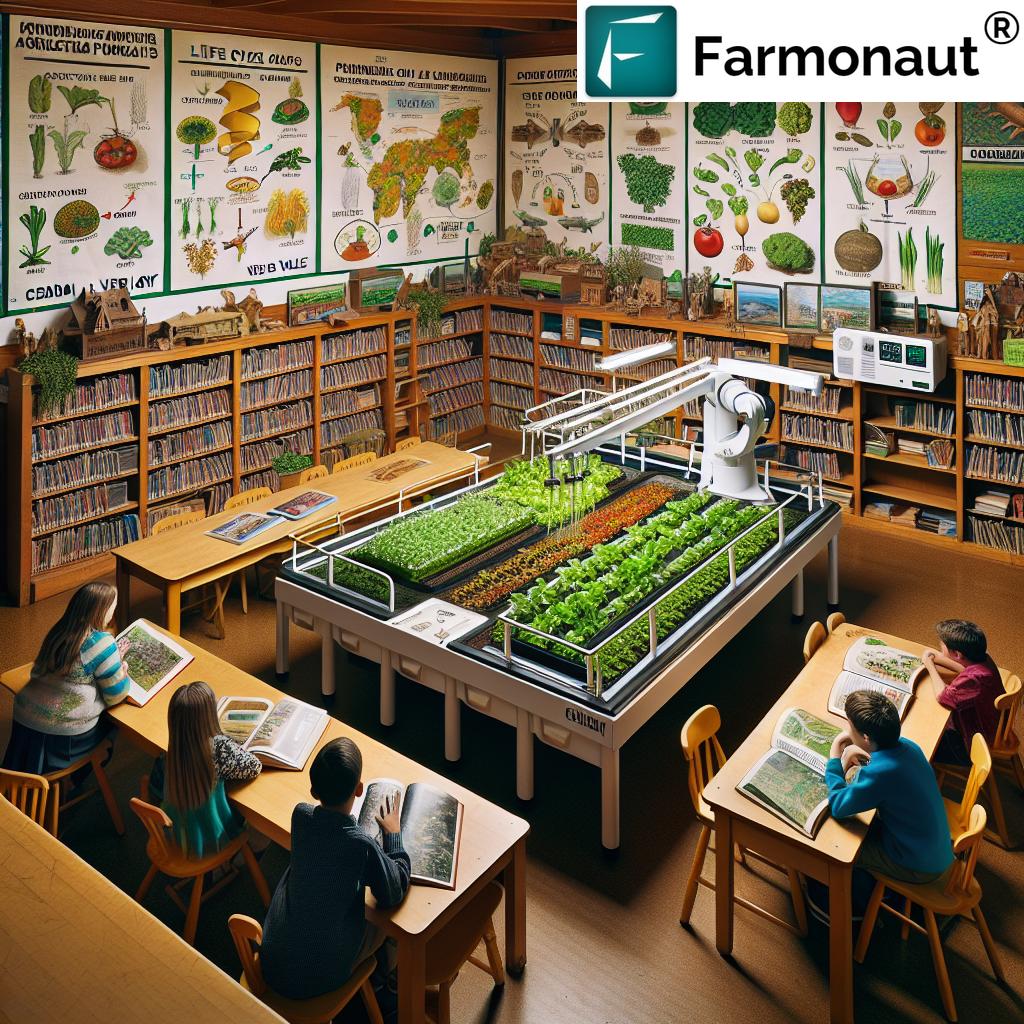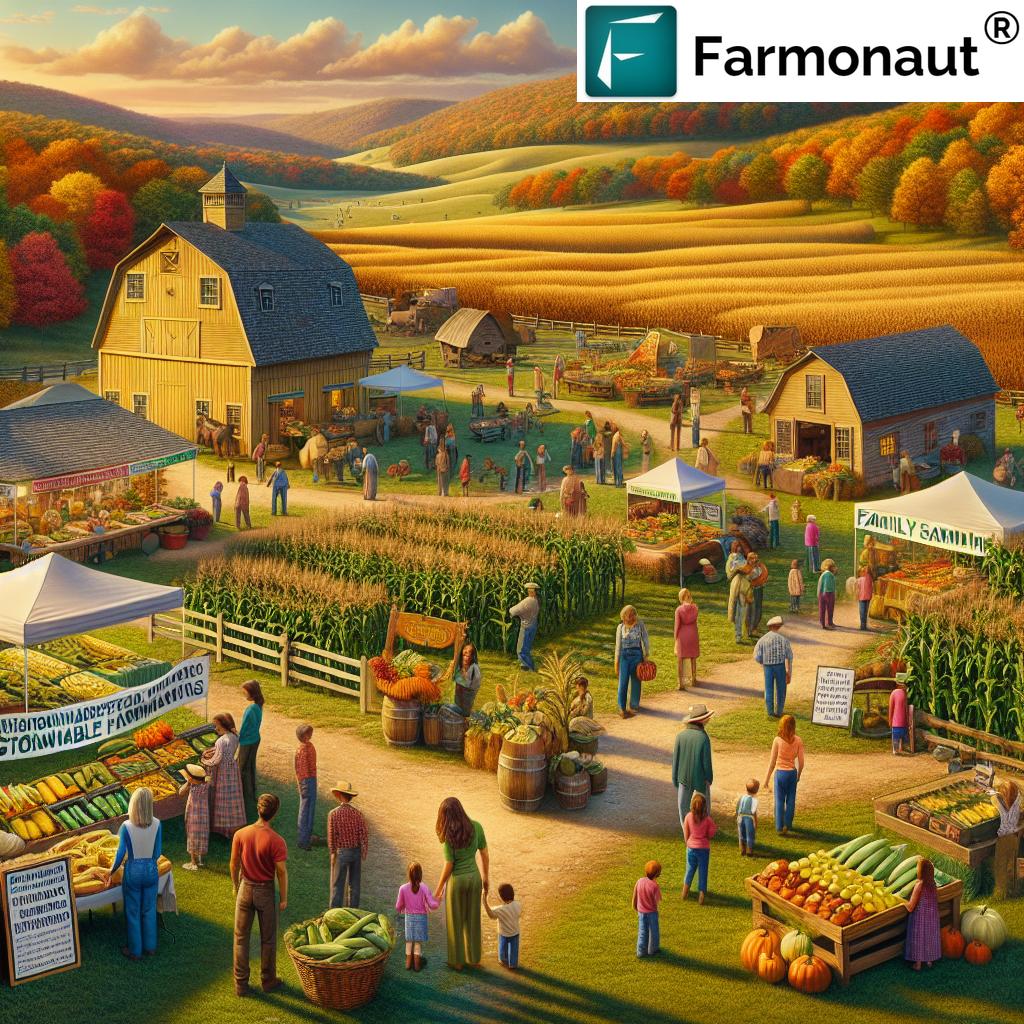“Denver’s urban forestry covers over 19% of the city, supporting biodiversity and cleaner air year-round.”
Denver Forestry & Winter Farmers Market | 2025 Guide
Denver, Colorado, stands at the intersection of urban forestry and a dynamic local food movement, offering a unique model for sustainable city living in 2025 and beyond. In a landscape where commitment to green spaces is strong, the city of Denver forestry department plays a crucial role in the environmental stewardship of urban forests, while various farmers markets—especially the winter farmers market Denver—enhance food access for residents even during colder months. Each season showcases Denver’s continued investment in tree canopy, community engagement, and sustainable agriculture, blending modern initiatives with the roots of a thriving urban ecosystem.
This comprehensive 2025 guide explores how the city prioritizes sustainability and food accessibility, from the Denver NC Farmers Market’s support for local farming communities to innovative approaches in forestry management and climate resilience. Below, discover how Denver forestry and urban agriculture together lead the way in shaping a greener, healthier, and more equitable urban setting.
Denver Forestry and Urban Sustainability: Canopy, Care, and Community (2025 Focus Keyword)
The city of Denver forestry program is known for maintaining the health and vitality of urban forests, positioning Denver as an industry leader in urban forestry. In 2025, our focus is sharper than ever: equitable green space access, sustainable forestry management, and engagement with local communities are at the heart of every initiative.
The Role of Urban Forestry in Denver’s City Ecosystem
Denver forestry isn’t just about trees. It’s about fostering environmental benefits that touch every resident:
- Improving air quality by absorbing pollutants
- Carbon sequestration: Denver’s forests lock away significant amounts of CO₂, supporting climate action goals
- Stormwater management and reduction in urban flooding risks
- Temperature regulation and heat island mitigation via expanded canopy cover
- Boosting the aesthetic appeal and property values of neighborhoods citywide
In 2025, Denver’s tree canopy enhances not just the city’s landscape, but its resilience against climate change challenges such as drought and extreme heat.
Strategic Canopy Expansion and Neighborhood Equity
Urban tree planting and preservation has shifted from reactive maintenance to strategically targeting underserved neighborhoods. The city of Denver forestry department:
- Identifies low canopy areas—often the most heat-impacted and least affluent zip codes.
- Implements innovative programs to increase tree cover and ensure every community benefits from green infrastructure.
- Engages residents in stewardship via educational workshops, volunteer tree-planting events, and partnerships with local organizations.
- Closely aligns with climate action and sustainability plans set by city leaders.
This approach ensures not just biodiversity, but equitable access to all the physical and mental health benefits of urban nature.
Programs and Community Engagement in Urban Forestry
Through a host of programs and community engagement initiatives, the city of Denver forestry department brings sustainability to the grassroots:
- Volunteer forestry days—where residents of all ages plant saplings and care for public trees.
- Educational workshops focusing on the techniques and science of tree preservation.
- Collaborations (not partnerships) with environmental organizations for outreach and long-term stewardship.
- Maintenance and monitoring programs using cutting-edge tech for long-lived urban forests.
Denver’s tree stewardship is central to its urban forestry model, strengthening the connection between nature and city life.
These efforts have a direct tie to Denver’s ambitions for sustainable growth. By implementing innovative urban forestry practices—including remote sensing, satellite monitoring, and AI-driven analysis (read about Farmonaut’s Large Scale Farm Management platform for precision monitoring)—Denver continues its legacy as a green, future-forward city in 2025.
Climate Resilience and Urban Forestry in Colorado
Increasing climate change impacts, from drought to extreme heat, mean that Denver forestry must stay adaptable. The city of Denver forestry is implementing innovative programs and setting goals for 2025 and beyond that align closely with climate action:
- Drought-tolerant species in new tree plantings
- Advanced water management and irrigation technology
- Real-time health monitoring with satellite insights, such as those offered by Farmonaut Carbon Footprinting tools (critical for measuring canopy cause-and-effect on CO₂ emissions)
- Canopy restoration targeting both storm damage and preemptive fire mitigation
Innovative technologies and stewardship programs ensure Denver’s urban forest management responds to environmental challenges and safeguards ecosystem balance.
Denver NC Farmers Market: A Local Agricultural Hub (2025 Keyword)
While Denver, Colorado shines in urban forestry and food activism, the Denver NC Farmers Market (located just outside Denver, North Carolina) exemplifies the importance of grassroots agricultural systems and their impact on community well-being. In 2025, it continues to thrive as a vital market for local farmers and consumers alike.
Geographic Distinction, Shared Principles
Though geographically distinct from the Rockies, the Denver NC Farmers Market boasts many principles paralleling Denver’s urban agriculture movement:
- Supports small-scale local farmers and promotes biodiversity
- Offering seasonal produce and farm goods directly to consumers
- Fostering community engagement and environmental stewardship through year-round events
- Emphasizing ecological balance in all agricultural practices
The market represents a key hub for both rural and urban communities—showing that whether you’re in Colorado or North Carolina, local food systems are crucial for resilience.
Benefits for Farmers, Consumers & the Local Ecosystem
By connecting directly with buyers, the Denver NC Farmers Market:
- Empowers farming communities through improved market access and fairer prices
- Encourages biodiverse, seasonal growing and preservation of heirloom crop varieties
- Aligns with sustainable forestry principles via resource-conscious farming, reduced chemical usage, and land preservation
These efforts ensure not just strong local economies, but also resilient and sustainable urban-rural connections—a model that Denver and cities nationwide can learn from as agriculture and forestry intersect.
“Winter farmers markets in Denver feature produce from over 50 local farms, boosting sustainable food access even in colder months.”
Winter Farmers Market Denver: Extending Seasonal Food Access (2025 Keyword)
In Denver, farmers markets aren’t just for the summer months. The winter farmers market Denver is a cornerstone of the city’s food accessibility strategy, keeping locally grown, seasonal produce in residents’ hands even when outdoor farms are at rest. In the 2025 winter season, this unique market’s offering is more critical than ever for food security, community engagement, and support of regional farmers.
How Winter Markets Work: Indoor Spaces, Year-Round Vibrancy
The winter farmers market Denver takes place in indoor community spaces, such as recreation centers, historical halls, or converted warehouses. Here’s what makes them a pillar of the local food system:
- Over 50 local farms and food vendors—providing vegetables, root crops, hydroponic greens, preserves, meats, dairy, eggs, honey, and baked goods
- Workshops on food preservation, canning, fermentation, and sustainable seasonal eating
- Support for farm-to-table restaurants and food trucks
- Community activities for children and adults—education, cooking demos, and family-friendly programming
Not only do these markets provide fresh, high-quality produce, but they extend the growing season (both physically and economically) for local farmers—helping their farms continue thriving through the winter months.
Sustainability, Community, and Climate Impact
Running a winter farmers market Denver is about more than just keeping commerce alive. The benefits ripple across the urban ecosystem:
- Reduces food miles and CO₂ emissions by enabling local purchasing during a season dominated by imports
- Promotes ecological balance with less reliance on out-of-region or out-of-season crops
- Strengthens social ties and economic resilience within the community
- Provides education and inspiration for climate-friendly living
This aligns with Denver’s commitment to sustainability and community-driven climate action goals.
Why Winter Markets Matter for Equitable Food Access
Economic, racial, and geographic disparities often show up in food deserts and lack of healthy choices—especially in winter. By maintaining a winter farmers market, Denver’s local government and vendor groups provide affordable, nutritious options in both affluent and underserved neighborhoods. That translates to:
- Healthier diets and improved well-being for all
- Opportunities for local farmers from both urban and rural settings to sustain their business year-round
- Continued community engagement—even when outdoor events slow down
The city’s winter markets embody the principle that access to good food and green spaces should be a right, not a privilege.
Linking Forestry and Agriculture: Denver’s 2025 Urban Ecosystem Model (Focus Keyword)
In 2025, Denver’s landscape presents a compelling example of how urban forestry and local agricultural systems are not only interdependent but must be managed in an integrated way to foster a robust urban ecosystem:
- Healthy urban forests create microclimates that benefit urban farming—providing wind barriers, shade, and improved soil moisture retention
- Green spaces in public parks, schoolyards, and community gardens nurture both tree planting and edible landscaping
- Farmers markets can serve as advocacy hubs for urban forestry, promoting programs for canopy expansion and sustainable landscape management
- Both forestry and agricultural initiatives provide vital ecosystem services: habitat for pollinators, stormwater management, temperature regulation, and more
These innovative models seen across Denver Colorado and markets such as the Denver NC Farmers Market demonstrate how interconnected stewardship amplifies ecological and community benefits—from carbon sequestration and air quality improvement to food system resilience.
Policy, Participation, and the Path Forward
To continue this momentum, local and city government policy must prioritize investment in both tree canopy and food system infrastructure, while community advocates work to connect residents with resources. Practical steps include:
- Incentives for urban farms and community gardens within public green spaces
- Cross-sector events (such as tree giveaways at winter farmers markets)
- Public education about the shared value of forestry and local agriculture
- Integrating resource management tools like Farmonaut’s Large Scale Farm Management Platform for both food and forest stewardship
Ultimately, the vibrant, resilient city Denver continues to become in 2025 is thanks to its willingness to embrace the unique intersection of forestry and urban agriculture.
Comparative Urban Sustainability Impact Table: Denver Forestry vs. Winter Farmers Market (2025)
| Category | Denver Forestry (Estimated 2025) | Winter Farmers Market Denver (Estimated 2025) |
|---|---|---|
| Tree Canopy Coverage | 19.2% citywide (goal: 20%) | Plant sales & education support community gardens (adds ~0.5% locally) |
| Local Food Access | Urban orchards, edible landscapes (supports 5,000+ residents/year) | Over 50 local farms/vendors each winter, 10,000+ shoppers/season |
| Carbon Sequestration | ~82,000 metric tons CO₂ captured annually | Reduces food miles, cuts ~1,200 tons CO₂ by local sourcing/winter sales |
| Community Engagement | 60+ annual forestry volunteer events (tree planting, care, workshops) | 35+ educational/workshop events per winter season |
| Stormwater Management | Reduces runoff, retains 57 million gallons/year via canopy | Education: composting, rainwater harvesting for urban gardens |
| Biodiversity & Ecosystem Health | Native species planting, habitat corridors for urban wildlife | Pollinator-friendly crops, biodiversity education at market stalls |
Farmonaut’s Role: Supporting Urban Forestry, Agriculture & Sustainability Initiatives
As a pioneering AgTech company, we at Farmonaut empower farmers, city planners, and community organizations to make smarter decisions for both forestry and agriculture using advanced, satellite-based solutions. Our mission is clear: making precision agriculture affordable, data-driven, and accessible everywhere—including thriving cities like Denver!
How Our Technologies Benefit Urban Forestry and Markets
-
Crop Health Monitoring:
Real-time satellite insights (e.g., NDVI, soil moisture) optimizing resource use, crop yields, and tree vitality. Learn more about our Large Scale Farm Management and Crop, Plantation & Forest Advisory tools. -
AI-Based Farm Advisory:
Our Jeevn AI system delivers actionable strategies for urban farmers and tree stewards—improving sustainability and resilience in challenging urban environments. -
Blockchain-Based Traceability:
Our traceability services enhance local food supply chains, ensuring transparency from farm to market. -
Fleet & Resource Management:
Our fleet and logistics management platform supports market vendors and city forestry crews, lowering costs and optimizing delivery routes. -
Carbon Footprinting:
We help quantify the impact of tree planting and local food initiatives through advanced carbon monitoring tools, supporting city climate action plans. -
API & Developer Access:
Official APIs allow developers, researchers, and institutions to integrate our satellite and crop/forest data into their own apps or systems.
Farmonaut API Platform | API Developer Docs
Resources: Further Reading & Denver Urban Sustainability Links
- City of Denver Forestry Department: For the latest on the city’s sustainability plans, volunteer events, tree species resources, and how to get involved, visit the Denver City Forester page.
- Denver Urban Agriculture Reports: Learn more about city-wide urban agriculture and farmers markets through community reports and local NGO publications.
- Farmonaut Technology Overview: Discover our precision farming and forestry management offerings at Farmonaut Large Scale Farm Management Portal.
- Local Market Schedules: Full seasonal calendars (including winter markets) are available at many local tourism and city websites for planning your next farm-fresh shopping trip!
FAQ: Denver Forestry, Urban Agriculture & 2025 Winter Farmers Markets
What is the current tree canopy coverage in Denver (as of 2025)?
Denver’s tree canopy covers approximately 19% of the city, with ongoing efforts to increase this figure through strategic plantings and maintenance in underserved communities.
Why are winter farmers markets important for food access in Denver?
Winter farmers markets ensure that Denver residents have access to fresh, local, and seasonal produce year-round, support local farms economically, and reduce the carbon footprint of city food systems by cutting down on food miles.
How do Denver forestry initiatives support climate resilience?
The city of Denver’s forestry department implements drought-resistant species, advanced irrigation, and real-time health monitoring. These efforts help mitigate the effects of extreme heat and storm events while increasing citywide environmental benefits.
What makes the Denver NC Farmers Market unique?
Located outside of Denver, Colorado, in North Carolina, this market connects local farming communities directly to consumers, emphasizing grassroots agricultural practices, biodiversity, and sustainability that align with the values of the Colorado urban movement.
How does Farmonaut empower urban agriculture & forestry?
We offer cutting-edge, satellite-driven crop health monitoring, blockchain-based traceability, and resource management tools to help farmers, market managers, and city planners optimize both forest and urban farm stewardship. These tools enhance productivity, sustainability, and transparency.
Where can I access Farmonaut apps for satellite farm monitoring?
Download our apps or use the browser platform for convenient, real-time field and tree management:
Web App |
Android |
iOS
How can local organizations or developers leverage Farmonaut data?
By integrating our API and using our comprehensive API Developer Docs, organizations can access high-resolution crop and forestry data to power their applications or research in Denver, Colorado, and beyond.
Conclusion: Denver’s Blueprint for a Green, Resilient, and Nourished City
In 2025, Denver forestry and local winter farmers markets are setting a visionary standard for eco-conscious city planning, community engagement, and robust food systems. Through investment in tree canopy and the empowerment of local farmers, Denver continues to prioritize sustainable, climate-resilient solutions that blend forest preservation with a vibrant agricultural movement.
From neighborhood green spaces and urban orchards to bustling indoor markets full of nutritious, locally sourced fare even in the depths of winter, Denver offers a model of interwoven stewardship where nature and community thrive together. By leveraging technologies like Farmonaut’s platform, supporting grassroots food access programs, and remaining committed to environmental sustainability, Denver is building a dynamic—and sustainable—future that nourishes both people and planet.
Whether you are a resident, a farmer, a visitor, or an advocate, engaging with Denver’s forestry and farmers market initiatives means joining a movement that values ecological balance, resilience, and equity for all.






